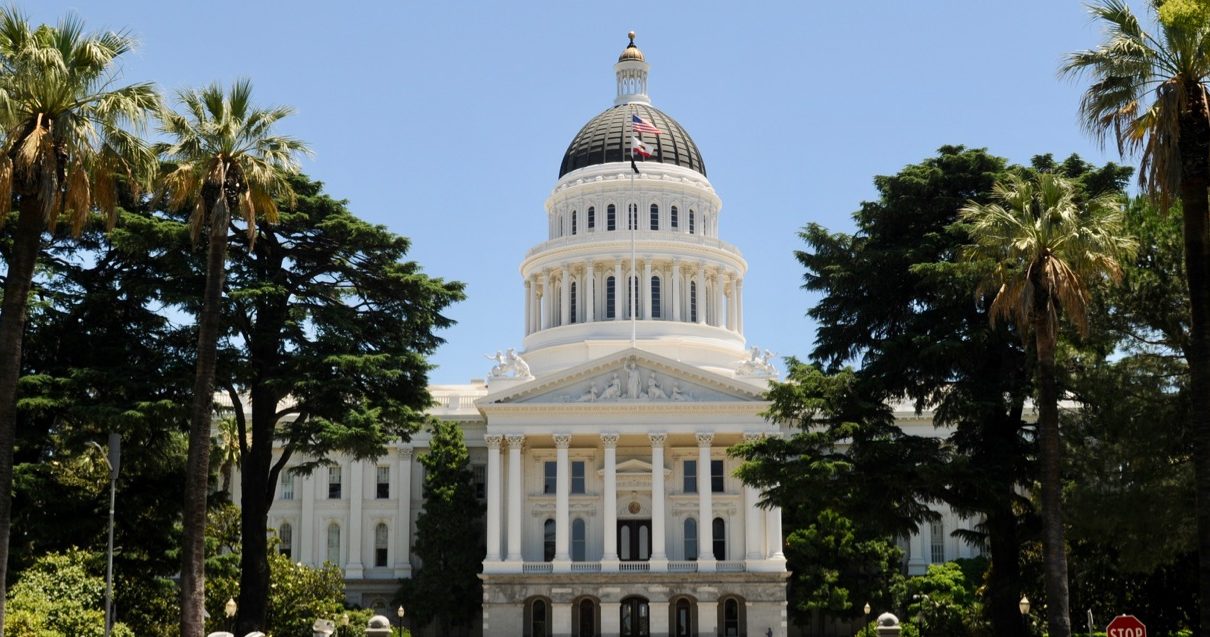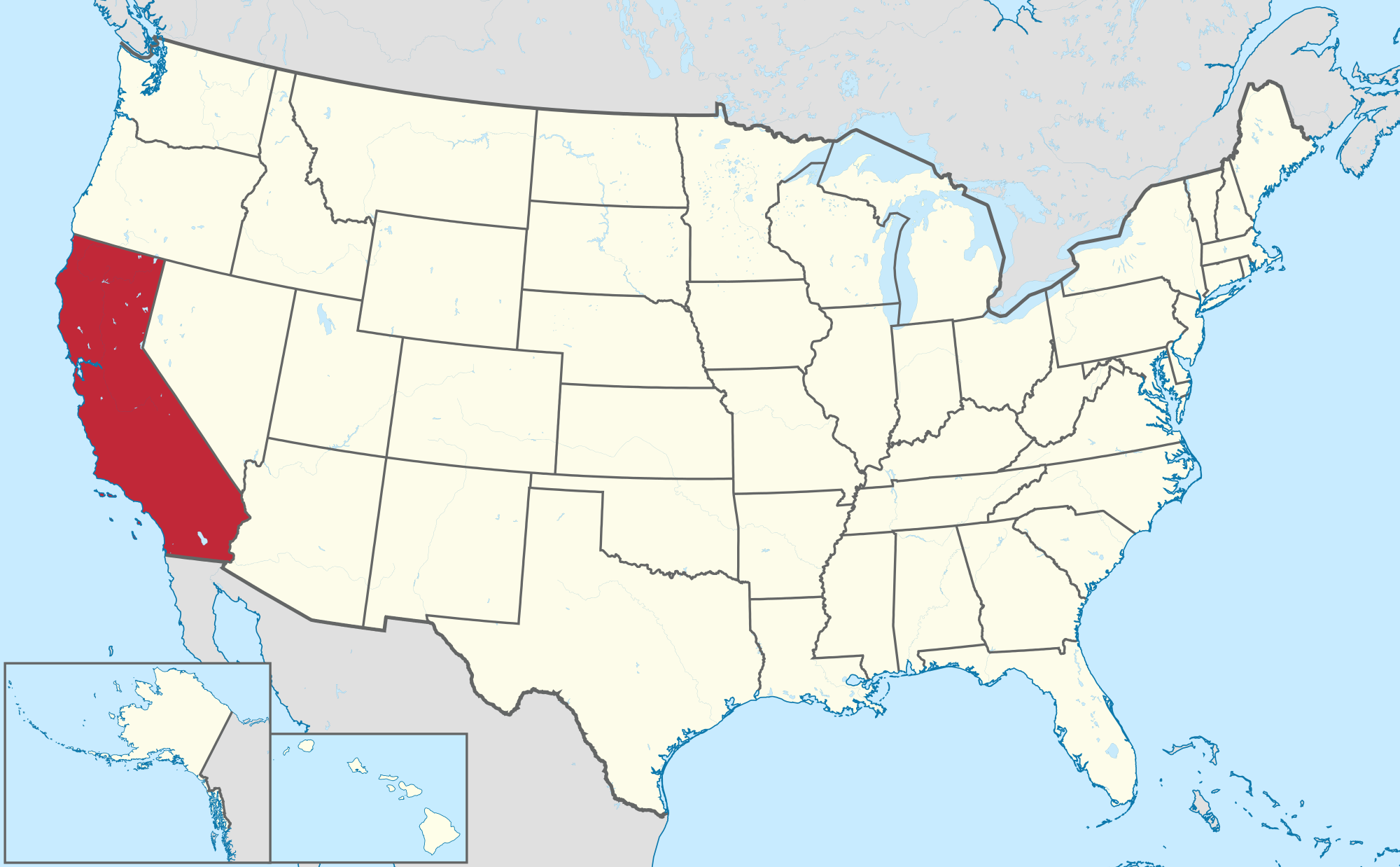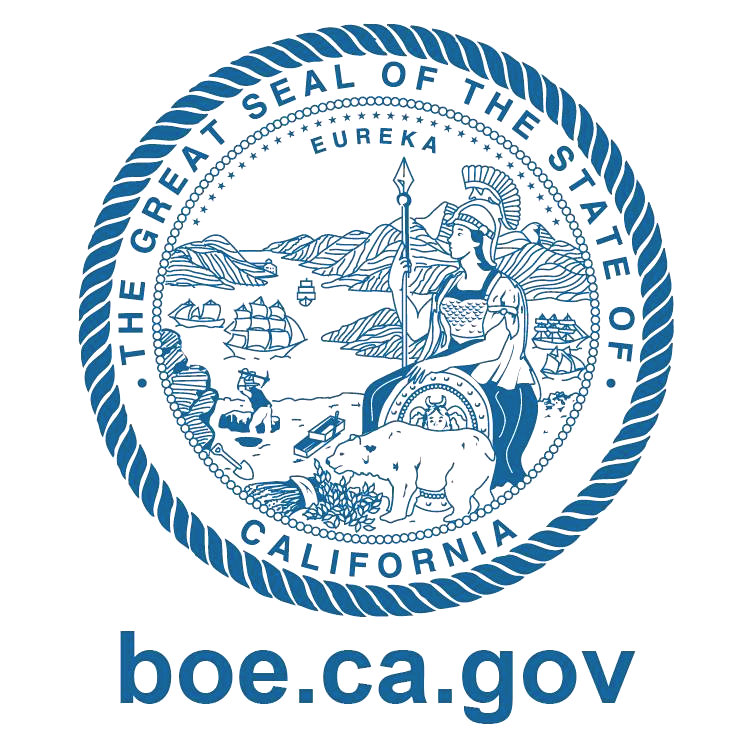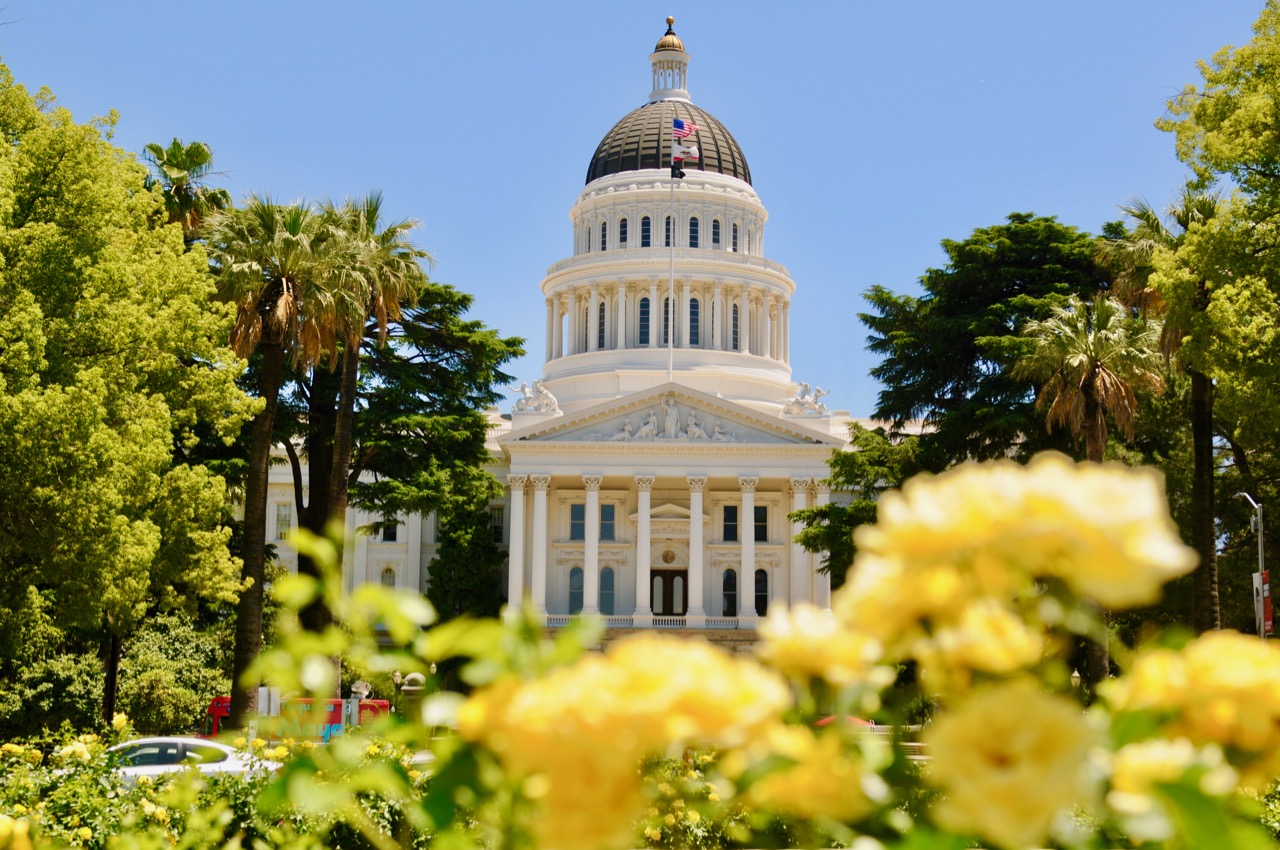
California State Capitol. (Photo: Kevin Sanders for California Globe)
The Media’s Role in California Politics
The ‘fourth branch of government’ has tremendous influence in shaping public opinion
By Chris Micheli, July 27, 2020 2:27 am
The media play an important role in state and national politics, as well as with legislative strategy and ethics. Because of this high level of influence, the media are sometimes referred to as a fourth branch of government (often called the “fourth estate”). While they do not approve or reject legislation or particular positions on public policy issues in general, they can influence the outcome of legislation and public policy debates because their coverage affects those who do make such decisions.
For example, the media can push an issue or a bill to the forefront of the Legislature’s attention. Their coverage of an issue or a bill can help or hurt a measure’s chances of success. And, of course, they can bring to light what is happening “behind the scenes” during the Legislative Session or involving the Governor or executive branch agencies.
As political observers have long noted, the media have their own biases in coverage, or lack of coverage, regarding state issues, whether legislative or regulatory. The media may highlight a bill or issue due to the interest of a reporter or editor, regardless of whether its readers may find it of interest to them. As a result, the media can impact pending legislation by drawing attention to the measure and getting the public at large to be aware of a pending measure.
Just like with political campaigns, proponents and opponents of certain legislation will attempt to create earned- and paid-media opportunities for their respective points of view. They see the media as tools to be used. Reporters, knowing that, tend to be wary of such overtures. Nonetheless, there are important interactions among the media, government officials, and interest groups.
In recent years, public relations and public affairs firms have worked on grassroots and media efforts to supplement traditional, direct lobbying work done for or against pending legislation or regulations. This usually only occurs on major legislative or regulatory issues with important interest groups on either or both sides of a bill or issue.
The media also come into play with legislative or regulatory strategy as elected and appointed officials, their staff and varied interest groups will determine whether a proposal is newsworthy. If so, they may attempt to pitch a story either pro or con, likely targeting the Capitol Press Corps or perhaps their local newspaper, such as in a legislator’s home district. They might produce an opinion-editorial piece or a letter-to-the-editor in hopes of getting their viewpoint specifically covered by a relevant newspaper.
In some instances, the issue may be news-worthy enough to warrant a planned press conference and, with it, possible television coverage, or even in-depth reporting from major news outlets in the state. Either side of an issue will look to capitalize on the news coverage to advance their point of view.
A newspaper’s editorial board, or their featured columnists, also play a role in shaping public opinion. Their editorials can impact the legislative or regulatory process because the media are regarded as a trustworthy and informed voice on key issues. A newspaper’s editorial board is typically composed of five or more full-time opinion writers and their endorsements are highly sought in political campaigns and public policy debates.
The media also play a role in state Capitol ethics because they will write stories about ethics issues, such as conflicts of interest or improper actions, within the Capitol community. For example, they may publish articles on FPPC investigations and the assessment of fines or penalties. Similarly, the 2014 coverage of three suspended state senators created numerous opportunities for extensive news stories that portrayed the Legislature in a negative light.
Unfortunately, there are a dwindling number of members of the Capitol Press Corps with only the Associated Press. Sacramento Bee and Los Angeles Times employing more than one reporter in their Capitol Bureau. With so few reporters, not many bills get written about, with the exception of a handful of high profile measures and the budget that attract statewide attention and usually have powerful interest groups on both sides of the issue.
Some media outlets may tend to ignore the press releases and story pitches by legislative offices even though legislators and their staff generally spend time and effort writing press releases and attempting to get coverage of their key legislation, whether in statewide media or their hometown news outlets. More often, the local newspapers will provide some coverage about the legislator’s bill. Of course, today legislative offices can utilize social media to interact directly with the public.
The media also tend to cover the state budget and gubernatorial actions more than most state legislation. Nonetheless, bills sometimes are driven by media coverage. As Capitol staffers have said, at times elected officials pursue “legislation by headline” because the media create an atmosphere in which the public takes interest and some legislators may want to appear responsive to major issues garnering press coverage that is read by their constituents and the likely voters in their districts.
Both Capitol insiders and Capitol Press Corps benefit from working together. For example, reporters need insiders to provide leads and background info for stories, while legislators and staff seek positive press coverage for their legislation. It is often a mutually beneficial relationship.
In the State Capitol, Room 1190 is down the hall from the Governor’s Office and is the press conference room that is equipped for news media. It is where the Governor’s press conferences are usually held, and some key ones held by legislators. The Senate and Assembly have rooms in the old section of the State Capitol where their press conferences are held, in addition to Room 1190.
- Legislative Intent Does Not Equate to a Mandate - April 27, 2024
- Frequently Asked Questions about State Agency Ethics Training - April 26, 2024
- Frequently Asked Questions about When Elected Officials Take Office - April 25, 2024





How can this unethical behavior of the media not be illegal? They are not journalists but progressive activists that Abraham Lincoln would have called “yellow journalists” and should be held criminally responsible. They need their protections revoked. All I hear from them is lie after lie after lie. They are hurting people on purpose and deliberately spread vicious untruths to spread hate and fear. They are destroying our spirit and it is evil and wrong. They need to be shut down and punished until they behave like actual journalists who report the facts. I am so sick of it and so are the people!!
The primary function of the liberal media is to deceive and keep people in the dark about what is going on in California.